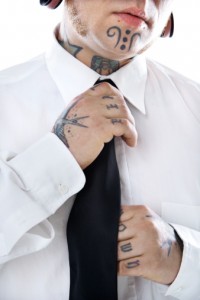So you’re at the point in the interview where you’ve given your background and qualifications. You’ve demonstrated your people, problem-solving and follow-through skills. The interviewer has asked their questions, and hopefully, you’ve answered their unasked ones. But now, they toss things your way and ask if you have any questions.
If you’re like many job seekers, you will say simply, “No,” or “I don’t think so,” or “Not at this time,” take this as your cue the interview is over and exit, leaving opportunities – and often a chance at the job – behind.
What you may not know is the question-asking time can be one that sets you apart from other candidates. Interviewers are paying careful attention to what you say during this part of the interview. They want to know that you have thought about the job beyond the description you read when you applied. You can use this as an opportunity to show your thoughtfulness, enthusiasm and self-confidence. Asking well-thought-out questions can demonstrate:
-
Your knowledge of the company.
-
Your passion for the job.
-
Your curiosity about the industry.
-
Your ability to take charge.
-
Your desire to stand apart.
Check back tomorrow to learn what questions you should ask when you’re on a job interview.

 Do you remember the episode of Friends in season two when Rachel and Phoebe get tattoos?
Do you remember the episode of Friends in season two when Rachel and Phoebe get tattoos?